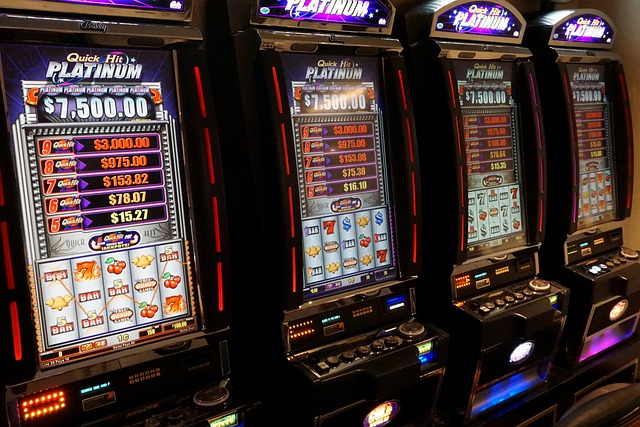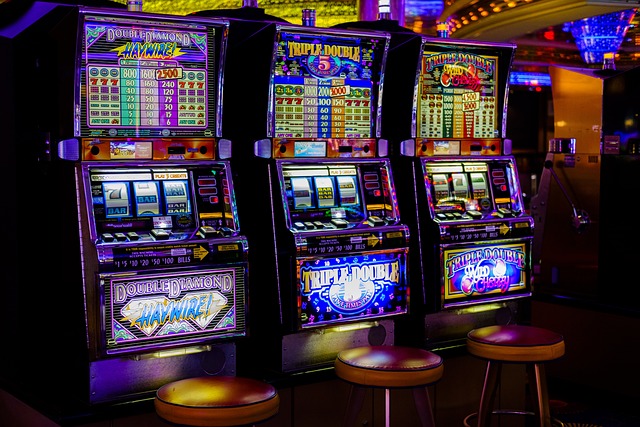Slot machines are designed to do more than simply provide entertainment. Behind the colorful lights, engaging animations, and catchy sound effects lies a complex understanding of human behavior. Game developers and casino operators have long relied on psychological principles to create slot machines that keep players spinning. The design elements go beyond luck and chance, tapping into the brain’s reward system and subtle cues to maximize engagement. But how exactly does psychology influence slot machine design, and what strategies are used to keep players coming back for more? This article explores the psychological techniques embedded in slot machine design and their impact on player behavior.
The Role of Variable Rewards
One of the core psychological principles used in slot machine design is the concept of variable rewards. Unlike predictable rewards, variable rewards create an environment of uncertainty and anticipation. Every spin holds the possibility of a big win, which activates the brain’s dopamine system, the same chemical responsible for feelings of pleasure and reward. This mechanism keeps players engaged, even when losses accumulate. The idea that a jackpot could be “just one more spin away” is a powerful motivator, encouraging players to stay longer at the machine. Variable rewards make gambling addictive by providing intermittent reinforcement, which is known to create strong behavioral patterns.
Visual and Auditory Stimulation

Slot machines are a sensory experience designed to captivate players. Bright, flashing lights, vibrant colors, and engaging animations draw attention and maintain interest. Sound plays a complementary role, with celebratory chimes signaling wins and subtle background music setting the mood. These visual and auditory cues are carefully crafted to create an immersive environment that keeps players focused on the game. The synchronization of visual effects with sound heightens emotional responses, making wins feel more significant and near-misses more tantalizing. This sensory overload distracts players from the actual odds, creating a sense of excitement that can lead to longer gaming sessions.
Near Misses and Losses Disguised as Wins
Slot machines often feature near-miss outcomes, where the symbols almost line up for a jackpot, but not quite. Psychologically, near misses can be more motivating than actual wins because they give players the illusion of control and progress. The brain interprets near misses as evidence that success is within reach, prompting further play. Similarly, many machines are programmed to provide “losses disguised as wins,” where the machine celebrates a payout that is actually less than the player’s bet. This technique tricks players into feeling like they’re winning, even when they’re not, prolonging engagement and encouraging continued play.
The Illusion of Control

Another psychological tactic used in slot machine design is the illusion of control. Players often feel that their actions—such as timing the spin button or choosing paylines—affect the outcome, even though the results are determined by a random number generator (RNG). This illusion taps into the human desire for agency and mastery, reinforcing the idea that skill can influence luck. By providing choices and control mechanisms, slot machines create a more engaging experience that satisfies players’ psychological need for autonomy, even in games of pure chance. This perceived control keeps players invested in the gameplay, further enhancing engagement.
Balancing Ethics and Design
While the psychological techniques used in slot machine design are highly effective, they also raise ethical questions. Critics argue that these strategies exploit players’ cognitive biases and vulnerabilities, particularly those prone to compulsive gambling. Game developers and regulators must strike a balance between creating engaging experiences and ensuring responsible gambling practices. Transparency about odds, limits on spending, and clear messaging about risks are crucial in addressing these concerns. Ultimately, understanding the psychology of slot machine design not only helps players make informed choices but also highlights the need for ethical considerations in the gaming industry.
